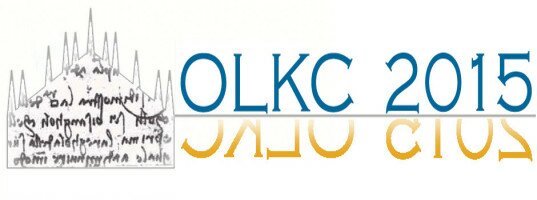Keynote dialogue: Ann L. Cunliffe & John Shotter
Situated Authoring: How We’ve Moved On
“Instead of turning immediately as we have in the past, to a study of how individuals come to know the objects and entities in the world around them, we must begin in quite a different way: we must study how, by interweaving our talk with our other actions and activities, we can first develop and sustain between us different, particular ways of relating ourselves to each other.” (Shotter, 1996: 299)
Consistent with our philosophical position, this keynote will be a dialogue about how our thinking has moved on in relation to practical authorship since the 1993 book Conversational Realities. In a chapter in that book, John conceptualized management as a rhetorically-responsive activity in which managers act as ‘practical authors’ of their social and organizational realities. Managers author by making sense of the ‘chaotic welter of impressions’ in their organization; constructing ways of moving on in the landscape through joint action and in their conversations with others; and persuading others to talk and act in ways appropriate to the circumstances. This was a new and challenging way of thinking about management from a social constructionist perspective.
Since then we have, both together and individually, explored and developed this notion of authorship, and what it may mean in practice. We will therefore discuss how we have ‘moved on’ through a number of talking points:
- The intersubjective nature of authoring.
- The dialogical and collaborative nature of authoring.
- How we author in living conversations.
- Self, others and authoring.
- The relationship between knowing from within, learning, researching and authoring.
Keynote speech: Silvia Gherardi
One turn…and now another one. Do the turn to affect and the turn to practice have something in common?
Within the OLKC community the turn to practice has been prominent and still occupies an important place in the debate. I shall outline how the turn to practice has been elaborated along distinctive lines that link the concept of practice to that of knowing. When knowing is considered as a situated activity, i.e. as a collective knowledgeable doing, two main issues are raised for discussion. One is sensible knowing, and the other is sociomateriality. They ‘work’ as the glue that holds all the practice elements together. On considering how the practice turn in the OLKC debate contributes to the ongoing conversation on post-epistemologies and post-qualitative research methodologies, one notes a convergence with another turn. In fact the turn to affect is another ‘turn’ that started more or less in the same years as the turn to practice, but the conversation between the two has not yet been fully articulated. I shall invite the two turns to enter into dialogue by illustrating how they share a concern for sensible knowing, the body, and space, and how they can learn from each other to author a common body of knowledge.
